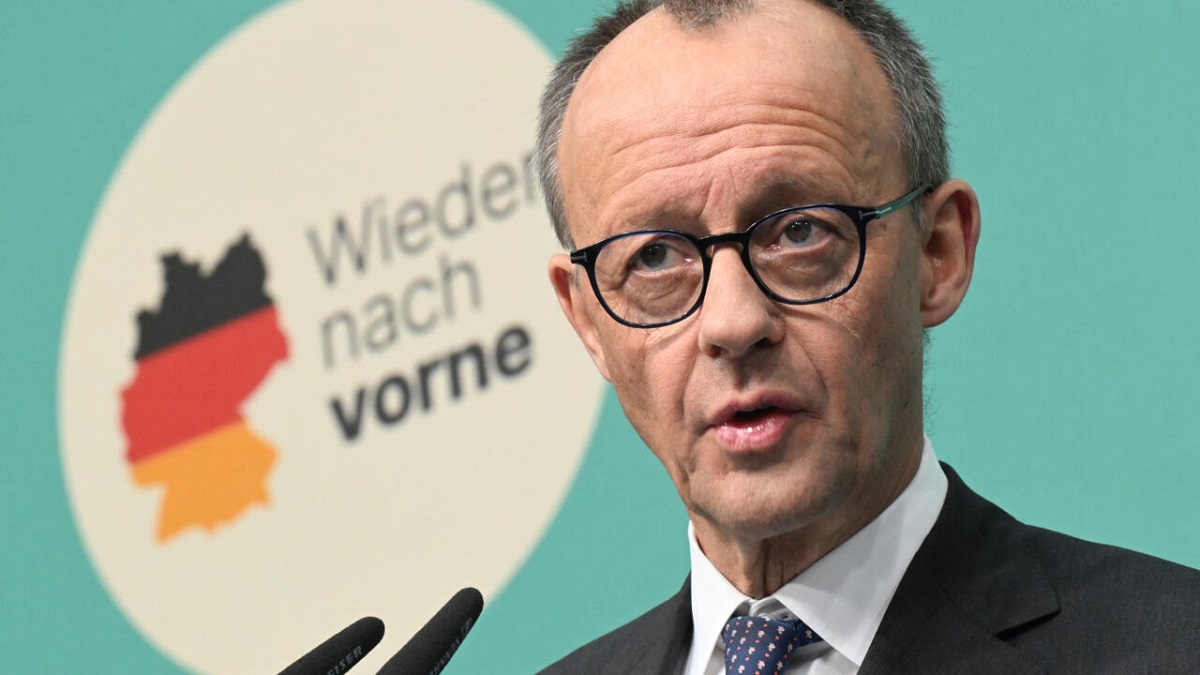In a major political development, Friedrich Merz, leader of the Christian Democratic Union (CDU), is set to take over as Germany’s next chancellor. His party, in alliance with the Christian Social Union (CSU), secured victory in the 2025 federal elections, marking a shift in Germany’s leadership after the tenure of Olaf Scholz. At 69, Merz will be the oldest person to assume the role since Konrad Adenauer in 1949. His rise to power signifies a return of conservative leadership, with policies that could impact both Germany’s domestic governance and its role in global affairs.
How Did Friedrich Merz’s Political Journey Shape His Leadership?
Friedrich Merz’s political career began in 1989 when he was elected to the European Parliament. In 1994, he became a member of the Bundestag and was seen as a financial policy expert within the CDU. However, internal party shifts, particularly with Angela Merkel’s growing influence, led to his political exit in 2009. During his time away from politics, Merz built a strong corporate career, notably serving as chairman of BlackRock Germany from 2016 to 2020.
His return to politics in 2021 was strategic, and after multiple attempts, he secured the CDU leadership in 2022. His leadership style differs from Merkel’s centrist approach, focusing more on economic liberalism and stricter immigration policies. His experience in both politics and business positions him as a leader with a strong financial background, potentially shaping Germany’s economic direction.
What Controversies Surround Merz’s Leadership?
Merz is known for his conservative stance on key issues, particularly immigration and European security. In January 2025, he faced criticism for pushing a strict immigration bill with indirect support from the far-right Alternative für Deutschland (AfD). This move broke a political norm in Germany, where mainstream parties traditionally avoid cooperation with extremist groups. His decision was seen as an effort to prevent AfD’s growing influence among conservative voters.
Additionally, Merz has been vocal about reducing Germany’s reliance on the United States in defense matters. He advocates for stronger European military capabilities, arguing that Europe should be more self-sufficient rather than depending heavily on NATO and US-led security frameworks. This stance could shift Germany’s defense and foreign policy strategy in the coming years.
What Will Change Under Merz’s Leadership?
Merz’s leadership is expected to bring notable policy shifts, particularly in economic and foreign affairs. His focus on reducing bureaucracy and promoting private-sector growth aligns with his background in finance. He has also expressed interest in revising tax policies to encourage business investments.
On the international front, his approach toward the European Union and global alliances will be crucial. While he supports European integration, his emphasis on national interests could redefine Germany’s role within the EU. His relationship with global leaders, including those in the US and China, will determine how Germany navigates key geopolitical challenges.
As he prepares to form a coalition government, likely with the Social Democrats (SPD), Merz will have to balance his conservative policies with the broader political consensus needed to govern effectively. His tenure as chancellor will shape Germany’s economic policies, immigration laws, and global partnerships in the coming years.
Key Highlights of Friedrich Merz’s Rise as Germany’s Chancellor
| Key Aspect | Details |
|---|---|
| Why in News? | Friedrich Merz is set to become Germany’s next chancellor after the CDU/CSU’s victory in the 2025 elections. |
| Age | 69 years (Oldest chancellor since Konrad Adenauer in 1949) |
| Political Career | Began in 1989 (European Parliament), joined Bundestag in 1994, CDU leader since 2022 |
| Previous Role | Chairman of BlackRock Germany (2016–2020) |
| Controversy | Attempted immigration law reform with indirect support from the far-right AfD |
| Key Policies | Stricter immigration laws, economic liberalism, European defense autonomy |
| Foreign Policy Stance | Advocates reducing reliance on the US and strengthening European defense |
| Expected Coalition | Likely with Social Democrats (SPD) for governance |
| Impact on Germany | Shift toward conservative policies, economic and foreign policy changes |



 Scotland Legalises Water Cremation: Firs...
Scotland Legalises Water Cremation: Firs...
 India Overtakes US in Childhood Obesity ...
India Overtakes US in Childhood Obesity ...
 Raisina Dialogue 2026: Global Leaders Ga...
Raisina Dialogue 2026: Global Leaders Ga...








